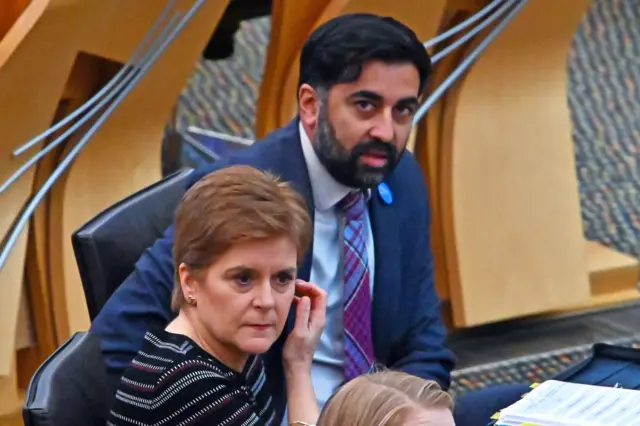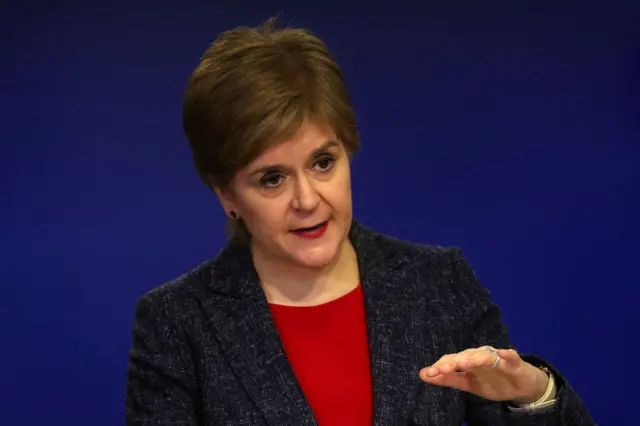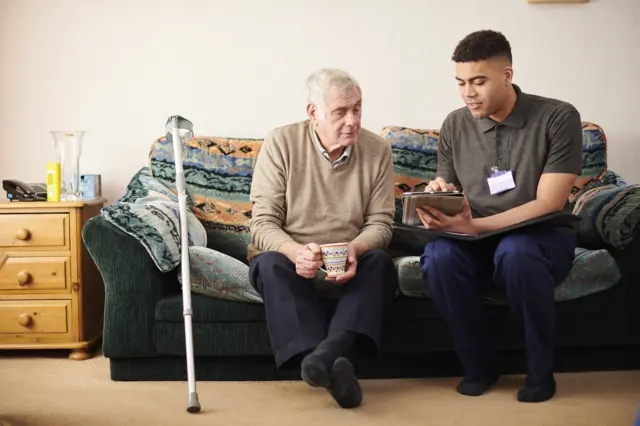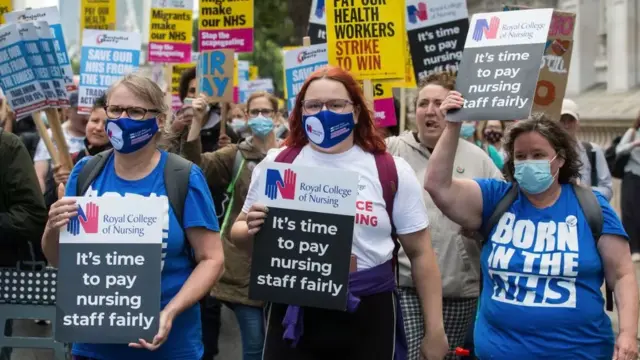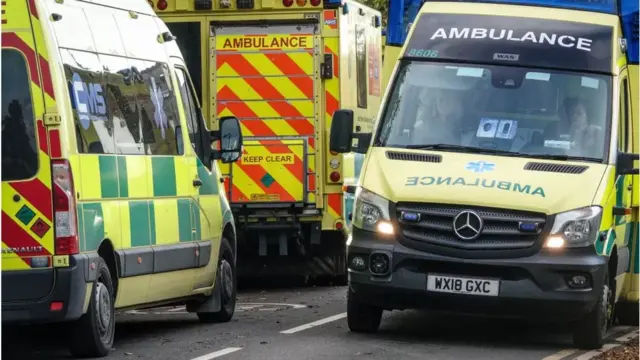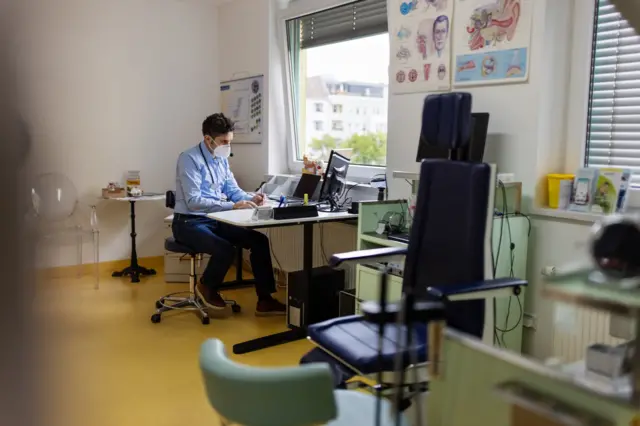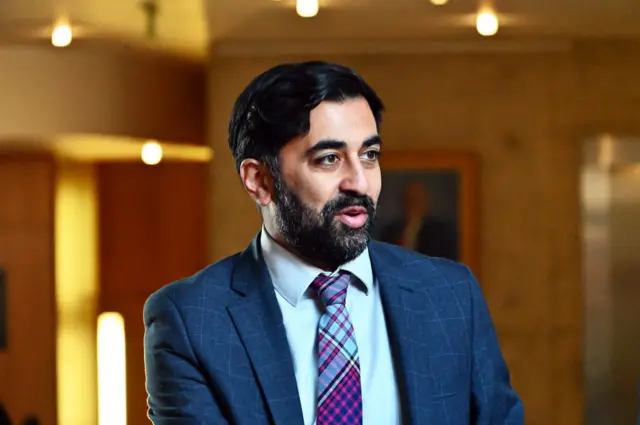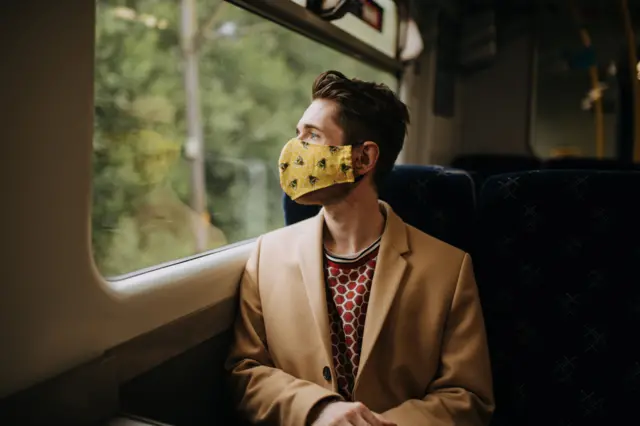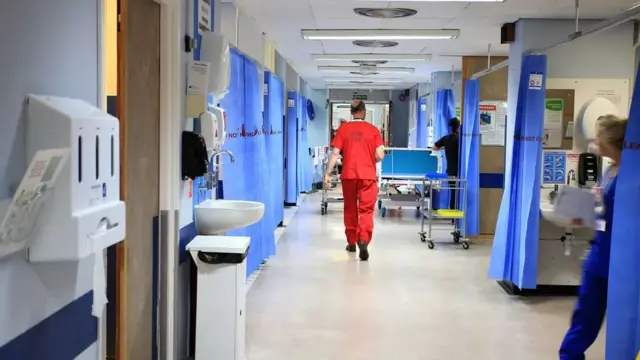Catch up on the main pointspublished at 12:40 GMT 9 January 2023
That brings our coverage of the Scottish government's media briefing to a close.
Here's a quick reminder of the main points from today:
Scotland's hospitals are "almost completely full", with bed occupancy exceeding 95% last week, the first minister has said.
Nicola Sturgeon said services were facing "truly unprecedented" pressures.
Demand for hospital beds had been driven up by "extraordinary" levels of winter flu, rising rates of Covid infections and cases of Strep A.
Ms Sturgeon said more work needed to be done to prevent unnecessary hospital attendances and to speed up discharges.
